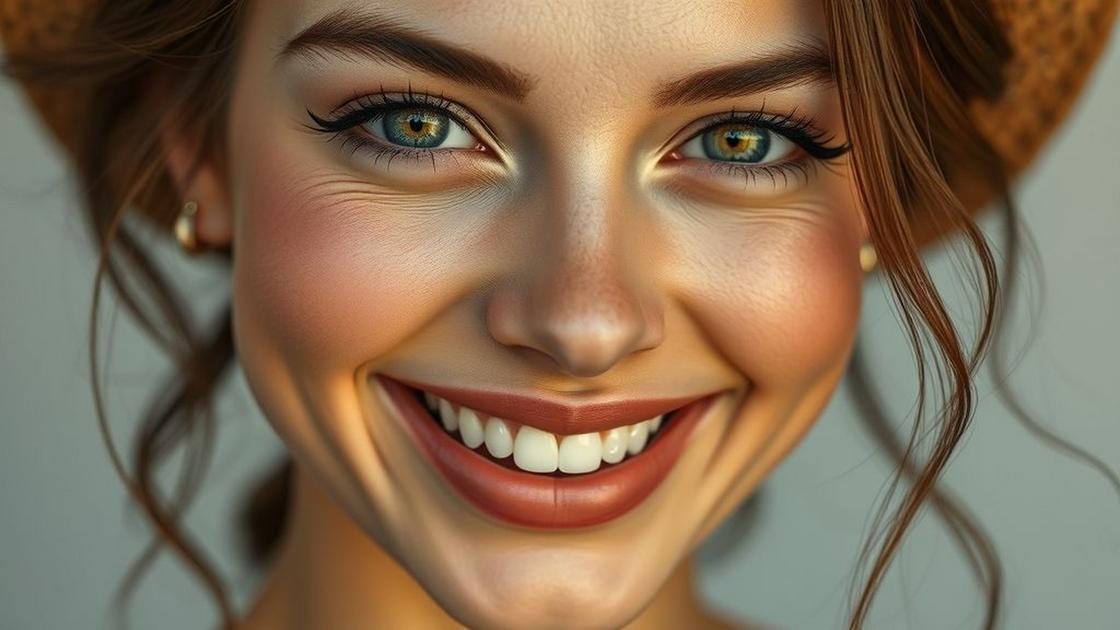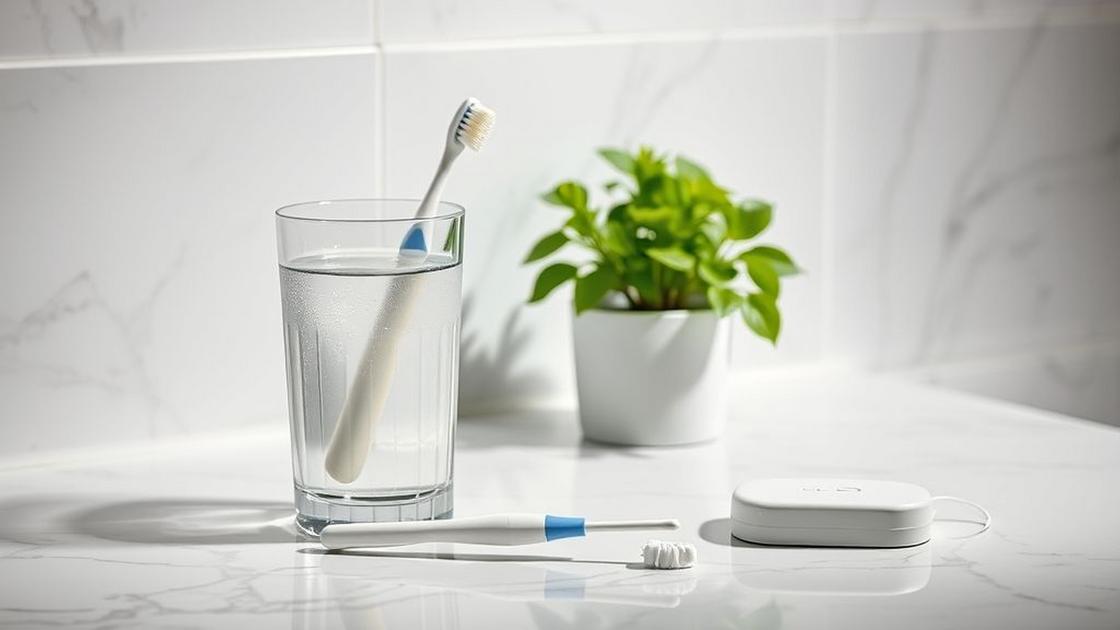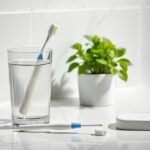Do you wish for a radiant smile and strong teeth without frequent trips to the dentist? How to keep teeth healthy without dentist visits is a question many women ponder. We often face challenges that keep us from prioritizing our dental health, like busy schedules and the stress of everyday life. But don’t worry! You can take charge of your dental hygiene right from the comfort of your home. This guide will share simple, effective tips to help you maintain a stunning smile without the dentist.
Understanding the Basics of Dental Hygiene
Keeping your teeth healthy starts with understanding dental hygiene. This involves regular practices that help prevent cavities, gum disease, and other dental problems. Daily brushing and flossing are the cornerstones of good oral health. When you brush your teeth, you remove food particles and plaque—a sticky film of bacteria that can lead to tooth decay and gum issues.
For effective hygiene, it’s recommended to brush at least twice a day and floss once. Ensure you use a toothbrush with soft bristles to avoid damaging your gums. Remember to replace your toothbrush every three to four months, or sooner if the bristles are frayed.
The Role of Diet in Tooth Health
Your diet plays a significant role in maintaining healthy teeth. Foods rich in calcium, phosphorus, and vitamins are essential for building strong teeth. Incorporate foods like dairy products, leafy greens, nuts, and lean meats into your meals. Here are some dietary tips:
- Limit Sugar Intake: Sugary foods and drinks promote tooth decay.
- Snack Smart: Choose healthy snacks like fruits and vegetables.
- Stay Away from Starchy Foods: Foods like chips can stick to your teeth and cause decay.
Also, consider foods that are beneficial for oral health such as apples, carrots, and cheese, which can help clean your teeth while you eat.
Natural Remedies for Fresh Breath
Many people experience bad breath, which can be embarrassing. Fortunately, there are natural remedies to keep your breath fresh. Here are some effective tips:
- Green Tea: It has natural compounds that reduce bacteria in the mouth.
- Peppermint: Chewing on fresh mint leaves can provide an instant fresh feeling.
- Apple Cider Vinegar: Diluting a spoonful in water can help kill bacteria and freshen breath.
Additionally, chewing sugar-free gum can stimulate saliva production, which is essential for neutralizing bad odors.
Daily Habits for Strong Teeth and Gums
Incorporating good habits into your daily routine is crucial for your oral health. Regular cardiovascular exercise can improve your overall health and blood circulation, including your gums. In addition to brushing and flossing, consider these habits:
- Use a Tongue Scraper: This can remove bacteria from your tongue.
- Quit Smoking: Tobacco can lead to gum disease and tooth loss.
- Limit Alcohol: Regular consumption can dry out your mouth and lead to bad breath.
By making small changes, you can have stronger teeth and healthier gums.
The Importance of Hydration for Healthy Teeth
Staying hydrated is vital not only for your overall health but also for your oral health. Water helps wash away food particles and bacteria, reducing the risk of cavities. Aim to drink at least eight ounces of water daily. If you can, consider:
- Fluoridated Water: This can help strengthen your enamel.
- Infused Water: Adding fruits like lemon or berries for flavor can encourage more intake.
Hydration also helps maintain moisture in your mouth, which is essential for preventing bad breath and maintaining overall oral health.
How to Effectively Brush and Floss
Proper brushing and flossing techniques are crucial for maintaining good dental hygiene. When brushing your teeth, use the following methods:
- Angle Your Brush: Hold your toothbrush at a 45-degree angle to your gums.
- Use Short Strokes: Brush in short, circular motions across all surfaces.
- Don’t Forget the Back of Your Teeth: These areas are often missed but are just as important.
For flossing, follow these steps:
- Break Off 18 Inches of Floss: Wrap around your fingers, leaving an inch to work with.
- Gently Slide Between Teeth: Use a gentle sawing motion to avoid hurting your gums.
- Curve the Floss: Form a C-shape around each tooth and slide it up and down.
Regular, effective brushing and flossing are key to preventing tooth decay and gum disease.
Regular Check-ins with Your Oral Health
Even if you’re not visiting a dentist regularly, it’s essential to monitor your oral health. Pay attention to the following signs:
- Bleeding Gums: This can indicate gum disease.
- New Sensitivity: Increased pain when you eat hot or cold foods can signal dental issues.
- Loose Teeth: This may require immediate professional advice.
Keeping a log of any changes in your oral health can help you stay proactive and identify any potential issues early.
Understanding Tooth Sensitivity and Pain
Tooth sensitivity and pain can happen for various reasons, including worn enamel or gum recession. If you find that your teeth are sensitive, try these tips:
- Use desensitizing toothpaste: Regular use can help reduce sensitivity.
- Avoid extreme temperatures: Try to stay away from very hot or cold foods.
- Talk to a dentist: If sensitivity persists, it may indicate an underlying condition.
Understanding the cause of your sensitivity is crucial to managing it effectively.
The Benefits of Mouthwash Beyond Freshness
Mouthwash can be more than just a quick fix for fresh breath. It can also help in preventing cavities and reducing plaque. When choosing a mouthwash, look for:
- Fluoride Mouthwash: This helps strengthen tooth enamel.
- Antimicrobial Mouthwash: This targets bacteria that cause plaque and gum disease.
Using mouthwash can be a beneficial step in enhancing your daily oral care routine.
Steps to Overcome Dental Anxiety
Many women experience anxiety related to dental visits. To help manage this, consider these helpful techniques:
- Practice Deep Breathing: Take deep breaths to calm anxiety before and during appointments.
- Bring a Friend: Having someone supportive with you can make the experience less intimidating.
- Communicate with Your Dentist: Let them know your feelings and fears so they can help make you comfortable.
By using these strategies, it’s possible to create a more positive experience during dental visits and keep your oral health in check.






